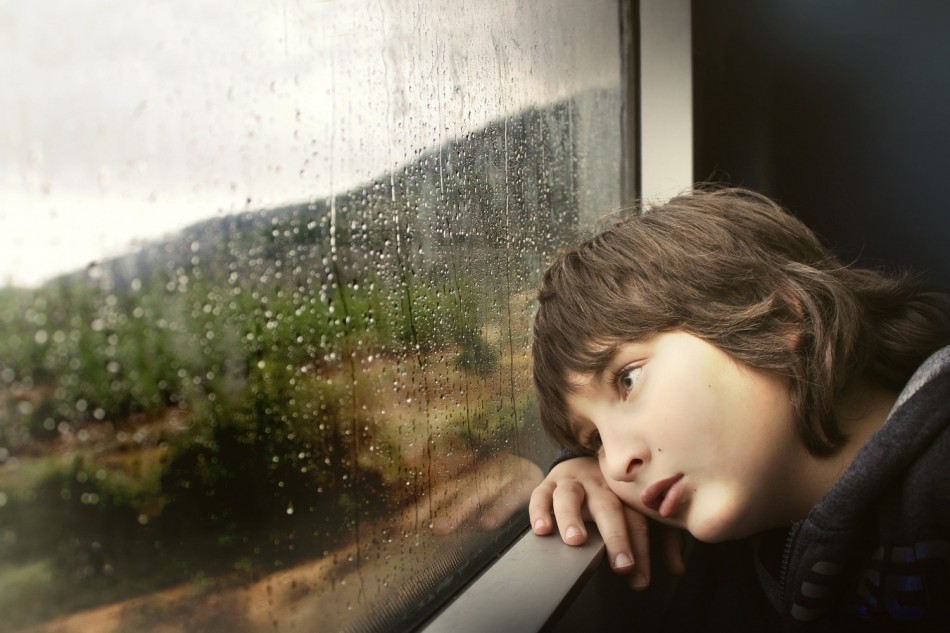What to Do When Your Child Is Being Singled out at School?

There may be nothing more crushing to a parent's heart than knowing that someone is being mean to your child or is excluding your child from almost all plays and activities. Such things might affect your child or could make memories of childhood traumas. According to Banner Health, bullying and excluding others is not new, as today's social interactions do not just occur in person with a whole social network online to navigate, which only means there are things for kids to feel excluded and let down.
Parents and adults can notice the changes if the child suddenly gets awkward and uncomfortable doing things they used to do. As kids grow old, they encounter many adjustments in life that appear new to them, and at some point, they are bound to feel left out. They may experience being ignored on the playground or singled out of a certain event. Whatever the case, the child may be a victim of relational aggression.
According to the National Association of School Psychologists, it refers to the harm only within relationships caused by cover bullying, such as excluding someone from a group or giving someone in the group a silent treatment. Relational aggression is also associated with manipulative behavior.
Read Also: Arizona Mom Speaks out After Teenage Daughter Is Denied Arthritis Medication Due to Abortion Law
Many kids want to get along and fit in
Dr. Adeola Adelayo, a practicing psychiatrist with Banner Behavioral Health Hospital, told the outlet that social exclusion is profound and can take or happen in many forms. Humans are social animals, meaning we want to get along and fit in, especially when younger; hence, maintaining peer relationships during such time can be fraught with complications.
Being excluded causes tremendous pain, especially since kids think peer relationships are essential; thus, they must maintain them. This event can make kids suffer not just emotionally but also academically. As they grow into adulthood, they would feel worthless and less valued, which eventually causes them mental health issues.
Dr. Siggie Cohen added that kids who experience being excluded or singled out at school would not thrive as they will lose interest in doing almost everything and think no one wants to befriend them. However, Dr. Cohen suggests parents appropriately respond to their child's needs as they are the only people their kids will talk to; thus, they must know to validate emotions as they can make a huge difference in a child's life.
Furthermore, if parents are worried about their kid's situation, they can discuss these things with the child's teacher and not in front of their child. Doing so will only cause the child more fear as they will think low of themselves for telling the incident to their parents, per Empowering Parents. Friends usually look highly at themselves, and there's a common rule that you can't tell adults as it will be considered a complaint against the group.
What parents can do for their children?
Dr. Andy Brimhall, a therapist and professor at East Carolina University specializing in marital and family conflict and child behavioral problems, suggests parents not shame their kids for being left out in a class or excluded from a group and instead support them, remind them of their worth. Discuss with them that no one deserves to be excluded and note that they have a lot to offer the world; thus, they must not settle in such a setup as it will not bring any good to them.
Try to listen and allow them to express their feelings regarding the incident, as it will help them to calm down. Dr. Brimhall added that parents should also remind their kids that they have no power or control over what other people say or do. However, they can control how they respond. Teach them how to handle the possible situation and overcome the pain of being singled out. The goal is not to feel helpless but instead to feel empowered.
Parents should avoid taking over the situation and allow their children a chance to handle the issue instead of jumping in right away to fix problems. Dr. Brimhall told Very Well Family to only give kids advice and let them handle things.
Related Article: What Teens Need From Their Parents: "I Love You"
© 2024 ParentHerald.com All rights reserved. Do not reproduce without permission.
